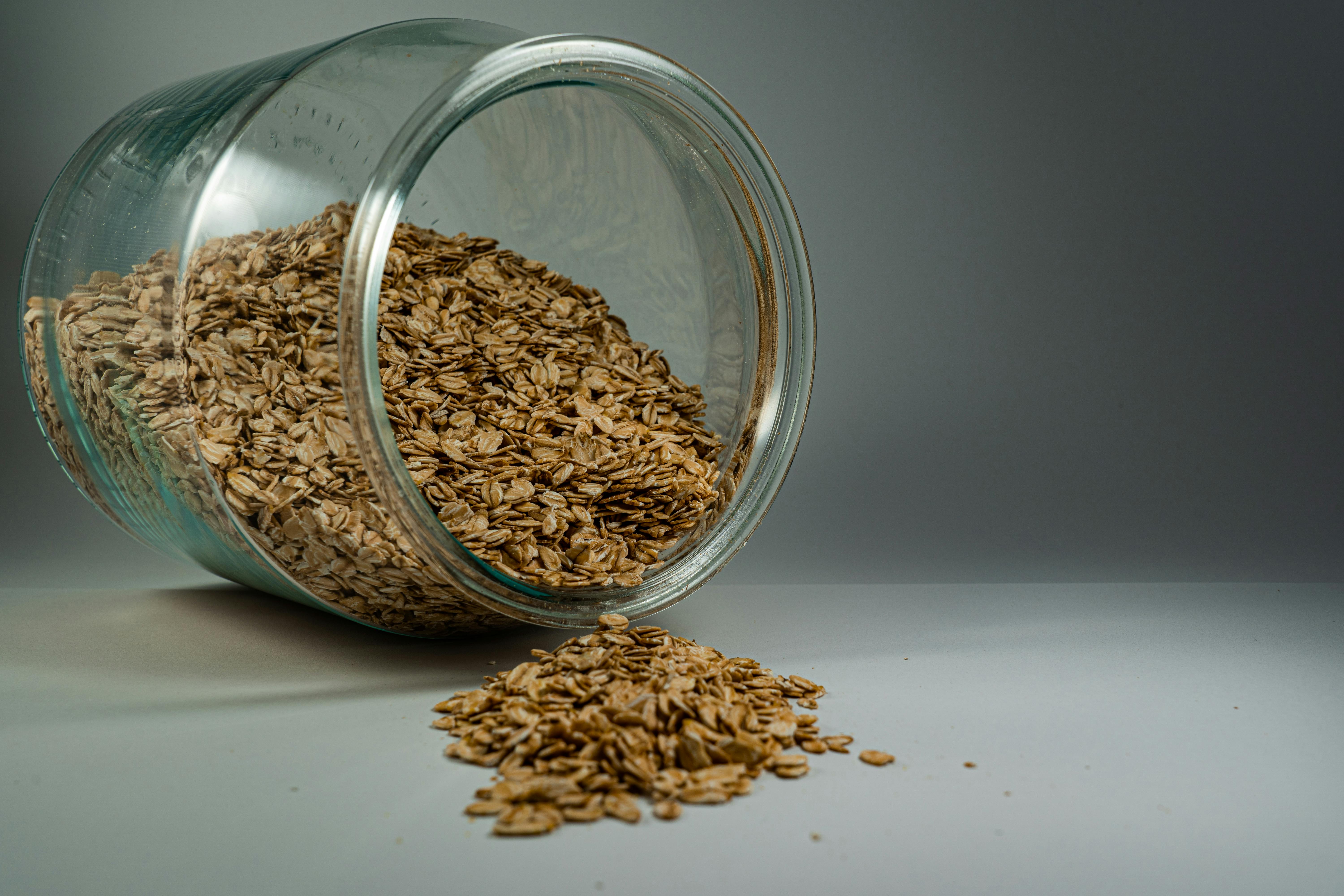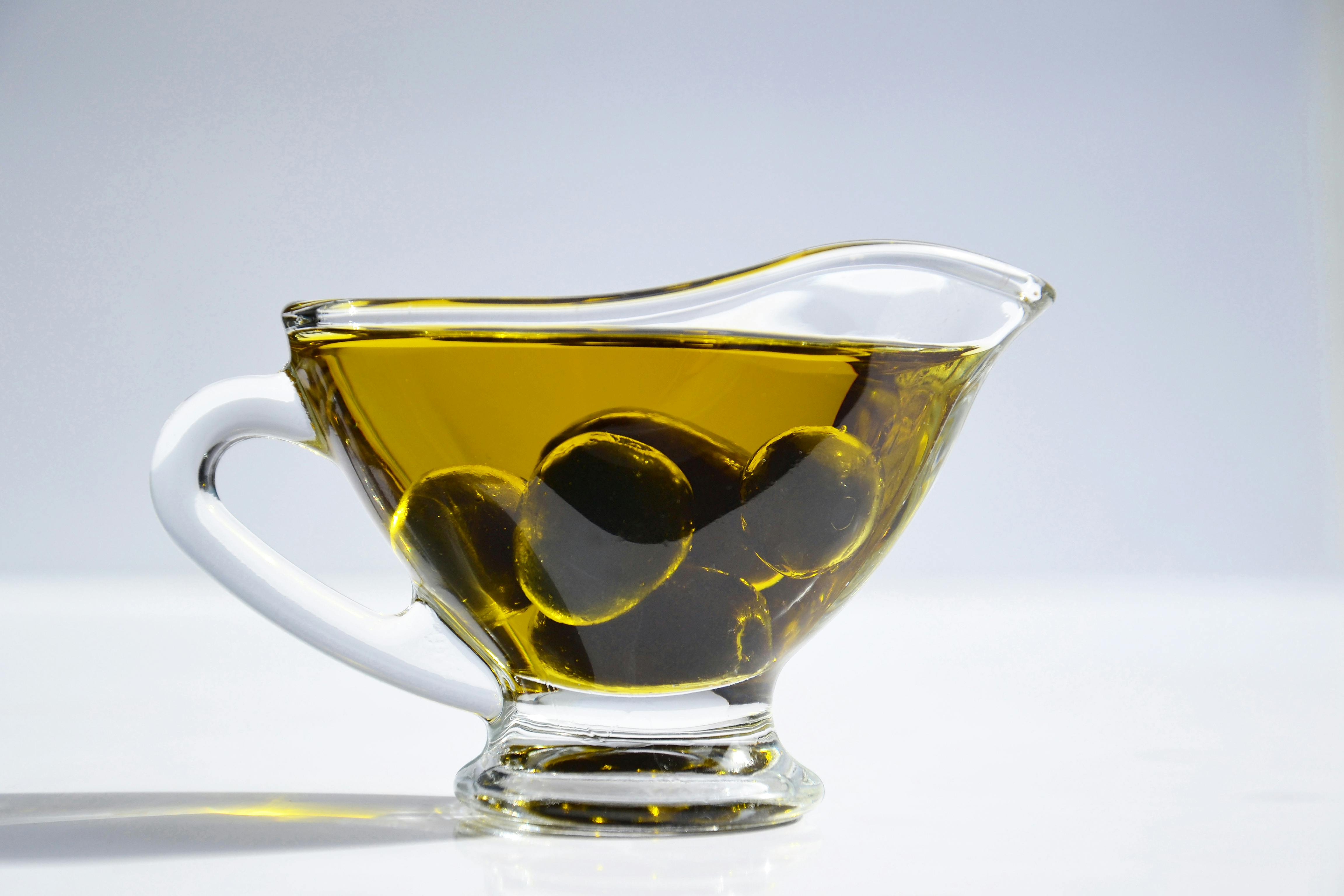Beyond the Meds: 11 Kitchen Staples Your Cardiologist Wants You to Eat Every Day
If you’ve ever wondered whether your pantry could be doing more for your heart than your medicine cabinet, you’re in good company. Many cardiologists agree: what you eat day in and day out quietly shapes your long-term cardiovascular health—even more than you might suspect. The list of beneficial foods is much broader (and more inviting!) than just bland basics or strict diet rules. In fact, chances are you already have at least a few of these heart-supporting all-stars in your kitchen. What separates everyday ingredients from heart-health heroes isn’t mystery or magic; it’s the quiet power of nutrients like fiber, potassium, healthy fats, and antioxidants—delivered in the form of familiar, flavorful foods. And while no single meal (or food) can replace medical advice or instantly erase risk factors, simple steady changes can add up over time. This isn’t about eating “perfectly” or following every trend, but about gently upgrading your favorite meals and snacks with real, science-backed ingredients doctors trust for themselves. Throughout this list, you’ll find practical tips for turning your shopping cart into a heart-protective toolkit—without expensive supplements or hard-to-find superfoods. Each staple comes with a nudge of encouragement, not a lecture. Want to try just a few swaps at first? That’s progress worth celebrating! Consider these staples not as daily obligations, but as small, delicious gestures of self-care. Your heart may thank you—one spoonful, crunch, or fresh slice at a time.
1. Oats: The Breakfast Classic for Cholesterol Support

Oats have long earned their place at the breakfast table, and with good reason—this humble whole grain brings a powerful cholesterol-lowering advantage to your day. Cardiologists like Dr. Adedapo Iluyomade point to oats’ unique fiber, called beta-glucan, which acts like a sponge, soaking up excess LDL (“bad”) cholesterol before it can travel through your bloodstream. In fact, enjoying oats regularly can lower LDL cholesterol by as much as 5–10% within a matter of weeks, according to recent clinical evidence. The real magic, though, is their versatility. Oats aren’t just for classic hot cereal or overnight oats. Try folding them into homemade energy bars, swapping them for breadcrumbs in burger patties, or stirring them into savory, bone broth-based bowls for a cozy lunch. Steel-cut or old-fashioned varieties offer the greatest benefit, though all forms provide heart-healthy fiber. It’s important to remember that while oats offer standout support, no single food holds all the answers—think of them as a backbone in a broader, balanced eating pattern. Whether your mornings are rushed or unrushed, a warm bowl of oats is an easy, comforting way to make your heart a little more resilient every day.
2. Olive Oil: The Everyday Liquid Gold

Olive oil isn’t just a Mediterranean tradition—it’s one of cardiologists’ most recommended everyday kitchen staples. Its secret lies in a rich blend of monounsaturated fats and antioxidant compounds that help support healthy cholesterol levels and keep blood vessels flexible. Studies show that using olive oil as your main cooking fat is associated with lower rates of heart attack and stroke, as well as improvements in both “good” (HDL) and “bad” (LDL) cholesterol. Reach for extra-virgin varieties when you can—their deep color and fruity aroma signal powerful plant compounds that support your heart. Drizzle it on salads, roasted vegetables, or grain bowls. Use a spoonful to finish soups, or whisk it into homemade vinaigrettes. The key is flavor, not quantity: olive oil boasts big benefits but, like all fats, should be used in balance with other healthy foods. Don’t worry if you’re not pouring it by the cupful—that’s not necessary. Even a modest daily drizzle can contribute to a more heart-supportive diet, making olive oil both delicious and practical.
